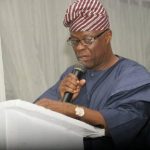General
Nigeria to Develop Integrated Electricity Policy, Implementation Plan
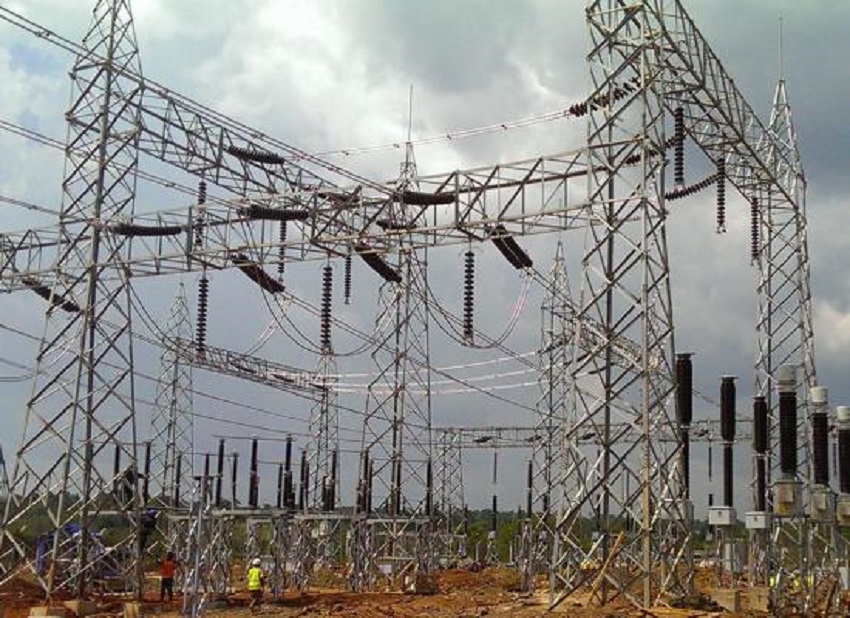
By Adedapo Adesanya
Nigeria will develop a new integrated national electricity policy and strategic implementation plan, as mandated by the Electricity Act 2023, according to the Minister of Power, Mr Adebayo Adelabu.
President Bola Tinubu had on June 9 assented to the Electricity Bill, now an Act empowering states, companies and individuals to generate, transmit and distribute electricity.
This, in turn, repealed the Electric Power Sector Reform Act (EPSR A), 2005 and create a comprehensive legal and institutional framework to guide the Nigerian Electricity Supply Industry (NESI).
Mr Adelabu, while speaking on Monday at the Nigeria Electricity Management Services Agency (NEMSA) roundtable for legislature, judiciary and other stakeholders said the ministry of power is working assiduously with the National Council on Power to send the policy to Federal Executive Council (FEC) for approval.
The round table was on the Enforcement of Technical Standards and Regulations in the NESI and Allied Industries.
The minister said that Electricity Act had consolidated virtually all legislation in the NESI and strengthened the role of NEMSA as the lead enforcer of all statutory technical and regulatory standards.
This is to guarantee the safety of lives and property, with complementary roles assigned to other sister agencies under their acts.
The minister said that the round table was timely, and the theme was well-informed.
“It’s an opportunity for us to compare notes on the reforms recently brought about in NESI by the Fifth Alteration to the 1999 Constitution (as amended) and the re-enactment of the Electricity Act, 2023.
“It is time to take stock of where we are and where we are going. As you are all aware, it’s one of the major fallouts of the amendment to the Fifth Alteration
“I must therefore, commend the management of NEMSA for displaying leadership by recognising the vital roles played by not just the national state actors and other stakeholders in NESI, but pertinently, the legislature and the judiciary, ” he said.
Mr Adelabu said that at the last count, not less than five states had enacted their own electricity laws and commended the legislature for their incessant resolve to bring to fruition necessary statutes with positive bearing on the lives of the citizenry.
“Be rest assured that the ministry under my leadership is dedicated to leading the engagements with the state governments to maintain standards across the board to ensure that desirable reforms are undertaken and guided against regulatory rupture, ‘’ he said.
Chairman, House Committee on Power, Mr Victor Okolo, said there was need to ensure that all electrical installations deployed in NESI met required technical standard regulation and specification.
Represented by Mr Rodney Ambaiowei, he said that the technical standard regulation and specification was to ensure that such system were capable of delivering safe and reliable electricity supply to guarantee safety of lives and property.
“We have observed that NEMSA, in an attempt to enforce its mandate, has met with stiff resistance in several occasions which is attributed to lack of adequate knowledge of the agency and its function.
“However, at the end of this conference, participants would have been better informed of the mandate of NEMSA and spread the message to those concerned.
“On our part, we assure the agency that it receives adequate funding and other support it needs to effectively discharge its responsibilities, ‘’ he said.
On his part, Mr Aliyu Tahir, Managing Director, NEMSA, said that the enforcement of technical standards and regulations was a very critical aspect in managing the growth of the electricity industry in any nation.
He said that technical standards and regulations helps to ensure that all electrical installations deployed in the NESI meet the required technical standards, regulations and specifications.
“This is to ensure that such systems are capable of delivering safe, reliable and sustainable electricity supply as well as guarantee safety of lives and property.
Mr Tahir said that to effectively achieve its core mandate of enforcement, NEMSA had 19 Inspectorate Field Offices (IFO), six National Meter Test Stations and one engineering and chemical laboratory.
According to him, those offices are manned by qualified, well-trained, skilled and well-motivated engineers, technical officers and other professionals.
He said that the agency also had plans to open meter test stations in the North East and North Central Geopolitical Zones of the country whenever there was approved fund for the project.
He said that NEMSA, in the course of carrying out its mandate in the power sector and other allied industries/workplaces in the past few years, met with resistance on several occasions.
General
Alison-Madueke Denies Wrong Doing as Prosecutors Present Evidence
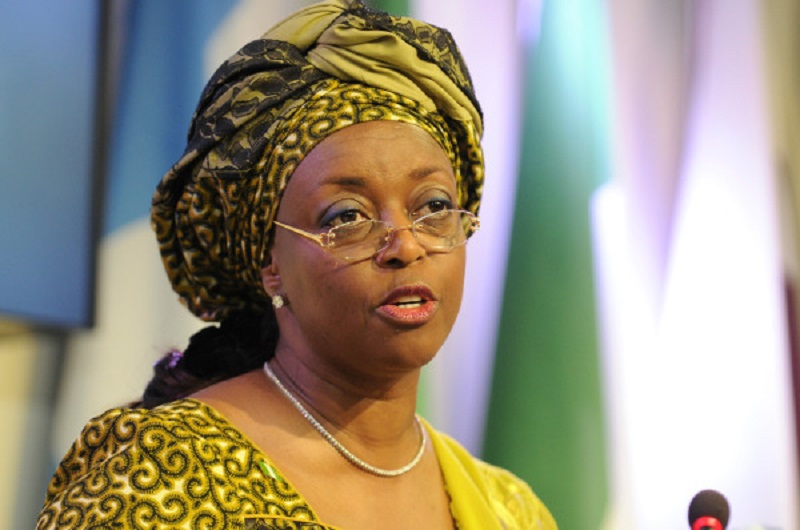
By Adedapo Adesanya
Embattled former Nigerian Minister of Petroleum, Mrs Diezani Alison-Madueke, returned to court in London on Monday, denying wrongdoing as prosecutors presented evidence for an alleged bribery.
It was recently reported that Mrs Alison-Madueke, once president of the Organisation of the Petroleum Exporting Countries (OPEC), received cash and luxury benefits in exchange for influence over oil and gas contracts when she was a minister in the cabinet of former President Goodluck Jonathan.
She has denied the claims repeatedly.
In the latest development in her trial, jurors in the British court today heard testimony from a luxury furnishings retailer and a former housekeeper, as prosecutors sought to show how high-end purchases and property use were allegedly routed through intermediaries.
The 65-year-old is accused of multiple bribery counts stemming from a years-long investigation.
The alleged offences occurred between 2011 and 2015, when she was Nigeria’s oil minister but maintained a UK address.
The UK National Crime Agency (NCA), which targets international and serious and organised crime, accused her of receiving the bribes in Britain.
Mrs Alison-Madueke is accused of accepting “financial or other advantages” from individuals linked to the Atlantic Energy and SPOG Petrochemical groups.
Both companies secured contracts with the then Nigerian National Petroleum Corporation (NNPC) or its subsidiaries, according to the prosecution.
The former minister is also said to have received £100,000 ($137,000) in cash, chauffeur-driven cars, a private jet flight to Nigeria and refurbishment work and staff costs at several London properties.
Other counts allege she received school fees for her son, products from high-end shops such as London’s Harrods department store and Louis Vuitton, and further private jet flights.
Mrs Alison-Madueke has been involved in numerous legal cases globally, including in the United States.
She has been on bail in Britain since she was arrested in October 2015.
In 2023, she was formally charged with accepting bribes, which she has denied.
General
Egbin Power Unveils Tech Empowerment Scheme for Youth Employability, Others
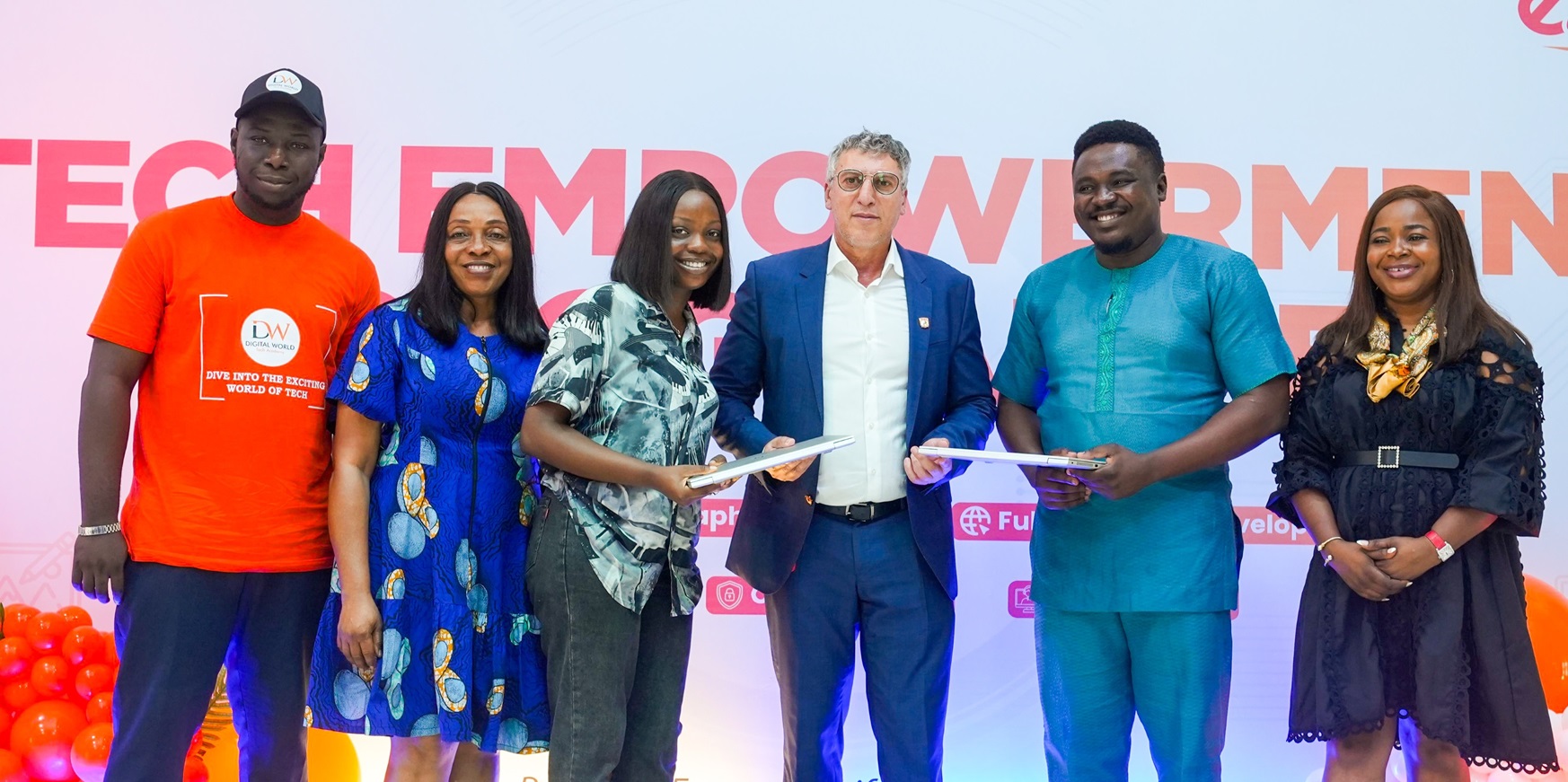
By Modupe Gbadeyanka
An initiative designed to encourage entrepreneurship, expand access to opportunities in the digital economy, and improve the employability of young people in its host communities has been launched by Egbin Power Plc.
The tech-based empowerment programme will equip young persons from Egbin, Ijede and Ipakan areas of Lagos State with digital skills.
The chief executive of the power-generating firm, Mr Mokhtar Bounour, described the initiative as part of the company’s Personal Corporate Social Responsibility (PCSR) efforts, reflecting its commitment to inclusive and sustainable development, adding that its responsibilities extend beyond electricity generation to empowering people in surrounding communities.
“In today’s digital age, technology is no longer optional but a critical driver of economic inclusion and growth,” Mr Bounour said, noting that deliberate interventions were needed to bridge digital gaps and prevent uneven development.
He explained that when communities are excluded from the digital economy, development becomes uneven and unsustainable, reinforcing the need for deliberate interventions that bridge digital gaps.
He pointed out that, “The Empowerment Programme is designed to address this gap by providing young people in Egbin, Ijede and Ipakan with access to practical and in-demand digital skills that can improve employability, foster entrepreneurship, and create new economic opportunities within their communities.”
The first cohort brings together beneficiaries from the three communities for structured training in ICT fundamentals, graphic design, full-stack web development, digital marketing, cybersecurity and data analytics. The programme combines classroom instruction with hands-on learning.
Participants were selected through a screening process that assessed curiosity, determination and willingness to learn, the company said. Beyond technical training, the programme also includes workplace skills such as ethics, problem-solving, collaboration, professionalism and digital responsibility.
Mr Bounour urged beneficiaries to act as ambassadors of the initiative and demonstrate the values of integrity, discipline and service, saying their progress would serve as evidence that strategic corporate responsibility can deliver measurable impact.
He encouraged participants to recognise their broader responsibility to their communities, urging them to learn with character, pay their knowledge forward, mentor others, and use their skills to solve real local problems. He noted that the true legacy of the programme will be the ripple effects it creates through shared success and communal growth.
The launch of the Tech Empowerment Programme underscores Egbin Power’s continued commitment to sustainable community development, trust-building, and long-term value creation.
The company reaffirmed its dedication to investing strategically in people, strengthening host communities, and contributing meaningfully to Nigeria’s digital and economic future.
General
NPA Working to Eliminate Manual Bottlenecks, Synchronise Operations Across Seaports
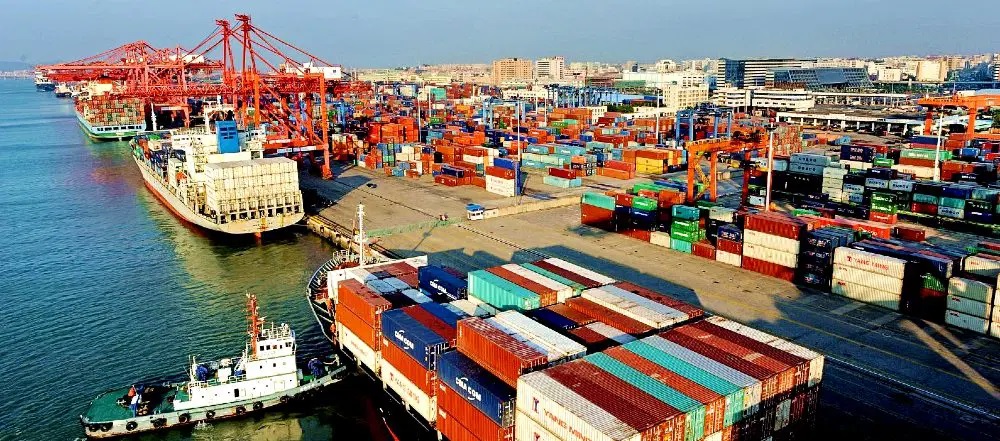
By Adedapo Adesanya
The managing director of the Nigerian Ports Authority (NPA), Mr Abubakar Dantsoho, has said the organisation is in collaboration with the International Maritime Organisation (IMO) to deploy the Port Community System (PCS) will eliminate manual bottlenecks and synchronise operations across Nigeria’s seaports.
Mr Dantsoho disclosed this at a recent three-day high-level stakeholder engagement in Lagos titled Achieving a 7-day Cargo Dwell Time, organised by the Presidential Enabling Business Environment Council (PEBEC) in collaboration with the NPA.
The engagement convened the Ports and Customs Efficiency Committee (PCEC) under the Business Environment Enhancement Programme Accelerator (BEEPA) framework, focusing on streamlining port processes to improve efficiency and ease of doing business.
According to the NPA boss, the PCS will serve as the digital backbone of the National Single Window, enabling seamless information exchange among port stakeholders and reducing delays caused by manual documentation.
On her part, the director-general of PEBEC, Mrs Zahrah Mustapha, said the session was designed to go beyond identifying challenges and focus on implementing long-overdue practical solutions.
“Nigeria loses significantly every day due to operational inefficiencies,” Mrs Mustapha said. “These are not just numbers; they represent missed opportunities, jobs not created, and delayed economic growth. This reform is about resilience and unlocking the nation’s economic potential.”
She added that the initiative brings together government regulators and private-sector stakeholders to promote transparency and accountability, with the ultimate objective of reducing cargo dwell time and improving vessel turnaround time.
Recall that the NPA recorded a 100 per cent success rate in PEBEC reforms, ranking fifth among government agencies in 2025 with an 84.2 per cent compliance rating.
Outcomes from the stakeholder engagement are expected to be implemented in the coming months. By addressing operational gaps identified during port inspections, the NPA and PEBEC aim to build a more competitive maritime environment that attracts investment and facilitates seamless trade.
-

 Feature/OPED6 years ago
Feature/OPED6 years agoDavos was Different this year
-
Travel/Tourism9 years ago
Lagos Seals Western Lodge Hotel In Ikorodu
-

 Showbiz3 years ago
Showbiz3 years agoEstranged Lover Releases Videos of Empress Njamah Bathing
-

 Banking8 years ago
Banking8 years agoSort Codes of GTBank Branches in Nigeria
-

 Economy3 years ago
Economy3 years agoSubsidy Removal: CNG at N130 Per Litre Cheaper Than Petrol—IPMAN
-

 Banking3 years ago
Banking3 years agoSort Codes of UBA Branches in Nigeria
-

 Banking3 years ago
Banking3 years agoFirst Bank Announces Planned Downtime
-

 Sports3 years ago
Sports3 years agoHighest Paid Nigerian Footballer – How Much Do Nigerian Footballers Earn












